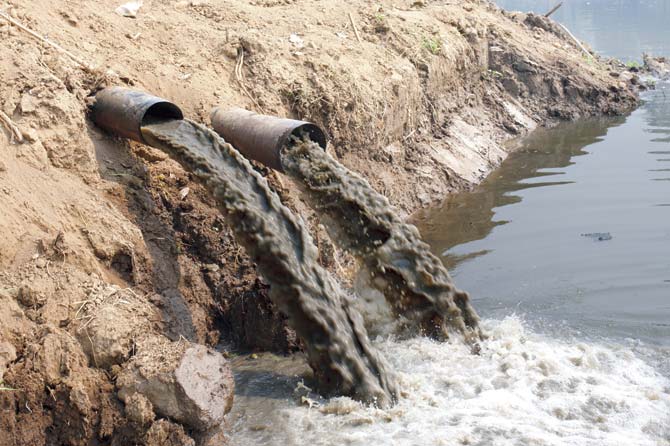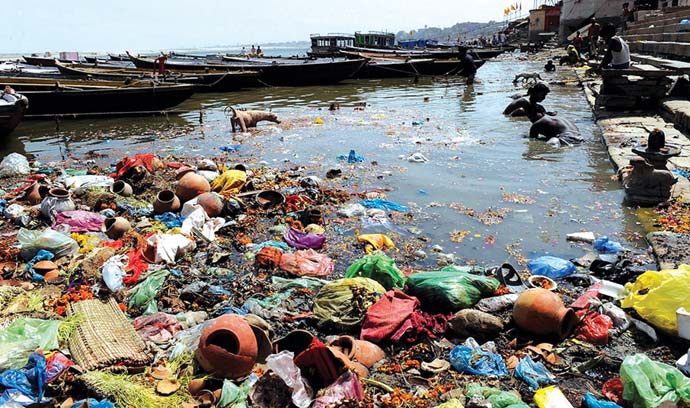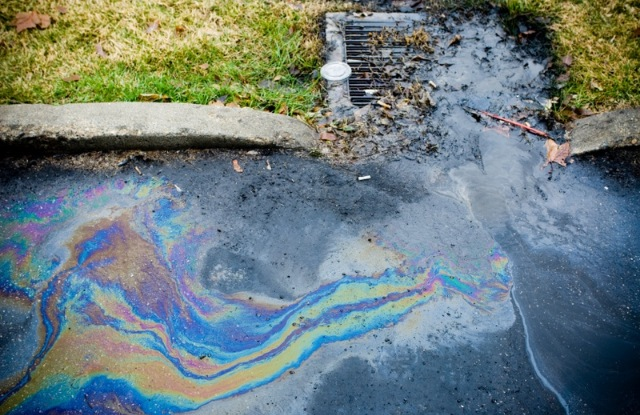What are the Causes of Water Pollution
Water is one of the basic necessities of life. It is an inexhaustible natural resource which is liquid between 0ºC and 100ºC. We need water for various activities such as drinking, cooking of food, bathing and washing. It is also needed for the irrigation of crops in agriculture, as an essential requirement in industries, and for navigation.
An undesirable change in the physical, biological or chemical qualities of water (due to the addition of foreign organic, inorganic, biological or radioactive substances) that adversely affects the aquatic life, and makes the water less fit or unfit for use, is called water pollution.
Agents or substances that pollute the water are called water pollutants. These can be classified into three categories.
- Physical pollutants: These include heat and oil spills.
- Chemical pollutants: These include organic wastes, detergents, pesticides (e.g. DDT, BHC). polychlorinated biphenyls (PCBs), inorganic chemicals (e.g., arsenic, cadmium mercury, lead, nickel, phosphates, nitrates, fluorides), and radioactive wastes. Common inorganic impurities in water are compounds of calcium and magnesium.
- Biological pollutants: These include pathogens such as viruses, bacteria, protozoa, helminthes, algae, fungi, etc.
Main sources of water pollution are
- Sewage: It is the filthy matter carried in large underground drains called sewers. It is the main water pollutant in towns and cities. It mainly includes organic wastes.
- Industrial wastes: The industrial wastes contain large quantities of harmful chemicals including acids and alkalies that are discharged into water bodies. These include both organic and inorganic chemicals.

- Synthetic soaps and detergents: Water containing soaps and detergents is called gray water. These pollutants are discharged form houses and certain factories. Their excessive use during washing produces a lot of foam.

- Fertilization and pesticides: Fertilizers and pesticides are being used excessively in the fields to increase crop production. These are washed by rain water into water bodies and pollute them.
- Petroleum oil: Drilling and shipping operations are common in the oceans. Leakage of petroleum oil during such operations or due to accidents results in water pollution.

- Heat is another source of water pollutions as high temperature of water reduces its dissolved oxygen content.
Discharge of untreated industrial and domestic sewage into water bodies is one of the main causes of water pollution. Bathing animals, washing clothes, etc., in or near lakes, rivers, etc., makes these water bodies dirty.

Inorganic pesticides and chemical fertilizers used by farmers drain into water bodies by a process known as leaching. As a result, certain pesticides like DDT can enter the bodies of aquatic animals and eventually reach human beings by way of food chains. Oil leaks from ferry boats and ships leave a trail of oil on the water surface and, in the process. pollute rivers and oceans. Oil spills from huge tankers are also a major cause of worry as they have adverse effects on marine animals.

